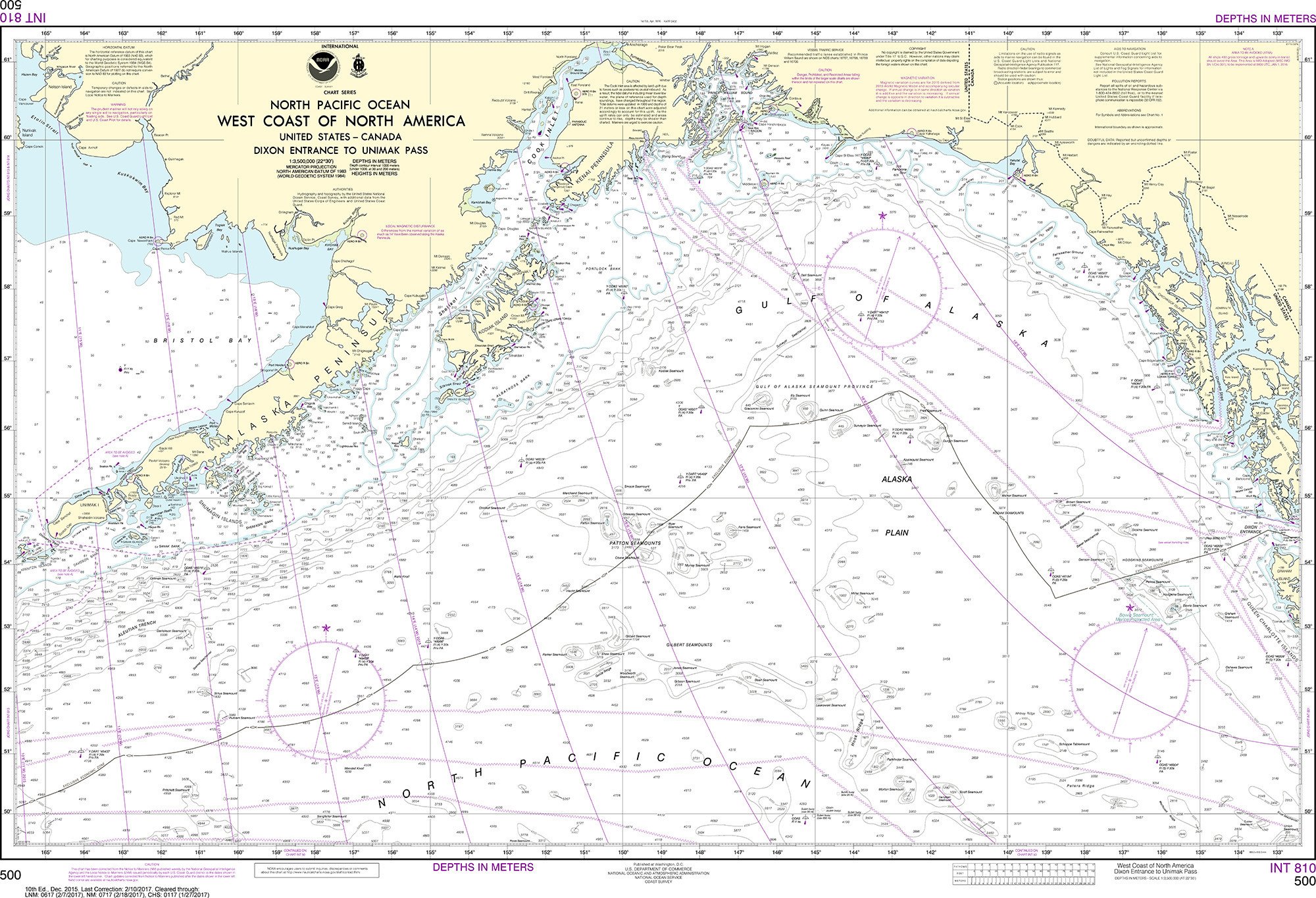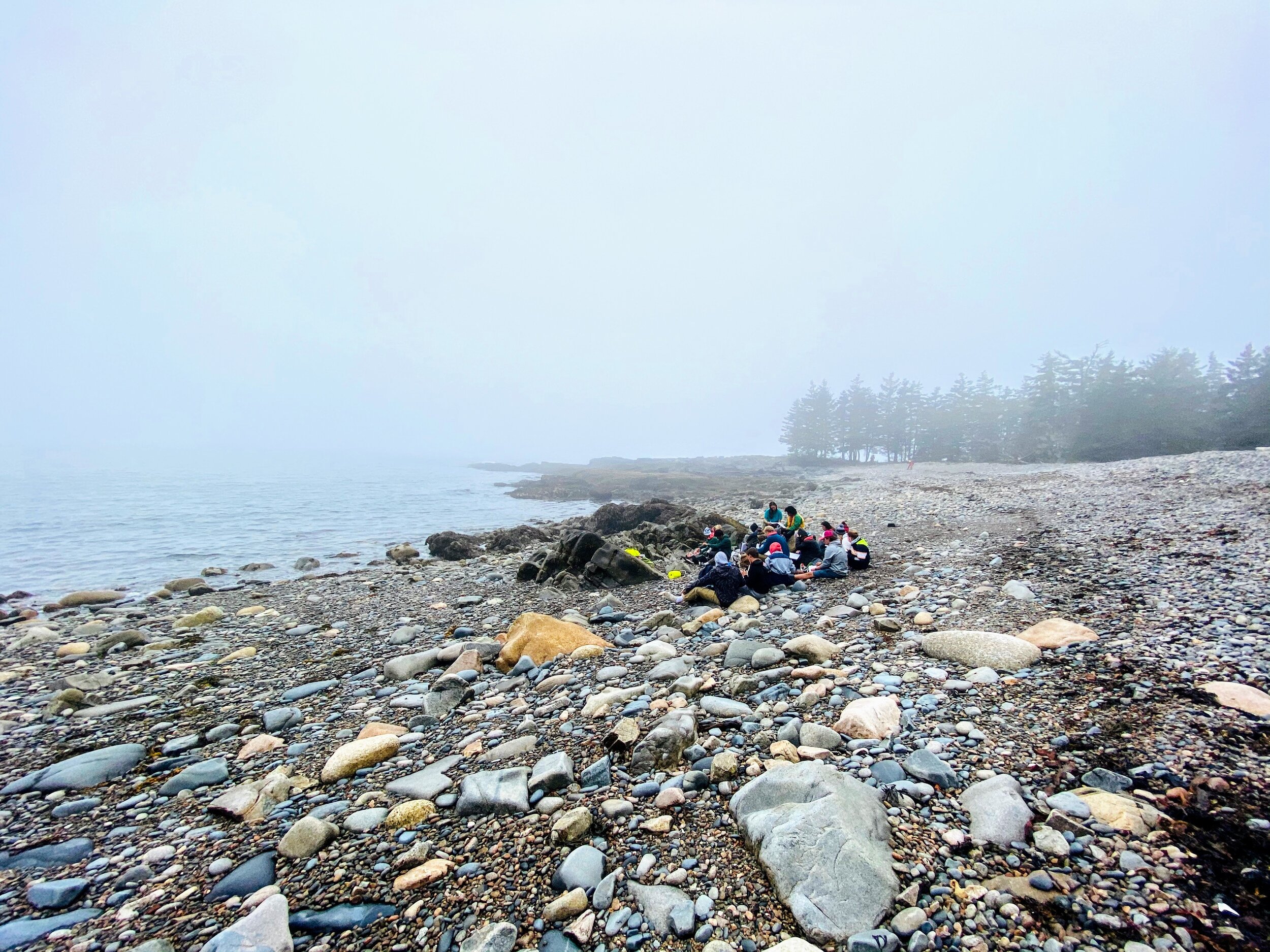
Student experience
Global Perspective, Local Engagement
Planet School curriculum is built on four pillars: explore, design, build, and govern. You can read more about each of these pillars below.
Planet School faculty integrate lessons and projects so that concepts studied in class are always relevant to a real-world project students are working on. While the specific manifestation of these pillars may change from semester to semester (e.g. “build” could involve building a trail, building a single greenhouse, or renovating a storefront), the foundational material students learn will remain consistent. These projects tangibly contribute to the Planet School, the surrounding community, and contribute to inquiry into planet-sized problems. As a result, the academic rigor expected by college admissions departments is maintained, material is learned much more deeply, and a layer of authentic leadership and meaningful social contribution seldom achieved during high school is added on.
The Planet School immerses students in their surroundings. In keeping with an isolation policy that students themselves help govern and enforce, students will not use their phones or the Internet while they are on the forest campus or sailing. Tuning into the environment means greater awareness for the needs of the immediate community.
Academic Overview
At a high level, the Planet School will consist of the following phases:
\\Part 1
Voyaging
Students spend the first five weeks of the semester learning to sail an 82 foot tall ship schooner across the Great Lakes. This builds teamwork, awareness for a self-contained community, and work ethic. The voyage culminates in the students assuming command and using what they have learned to navigate the boat to its final destination using only the stars.
\\Part 2
Urban renewal
Students will disembark Wonder in Detroit and have one of America’s most dynamic cities as their classroom. The Planet School’s urban campus will be a mixture of vacant lots, residential, and commercial structures. Students will work alongside Planet School faculty to refurbish buildings, start businesses, manage tenants, and engage with the city and surrounding community. They will simultaneously reflect on the differences between the self-contained community they just left—a ship—and the much larger and amorphous community of an American city.
\\Part 3
If you could build a community from scratch, how would you design it?
That is the question students at the Planet School are challenged to answer as they build the school’s forest campus, starting with a largely vacant plot of rural land in year one. Students will learn to manage the Planet School’s agricultural operation while they consider if they want to build a new yurt structure, install a sculpture garden, try switching up the campus governance model, or add more solar panels.
Together, the three campuses create a sense of connection to our entire planet and the systems that intertwine the land, sea, and humanity. This planet-level way of thinking and problem solving is what we foster at the Planet School.
\\Part 4
Taking the lead
Students work alongside knowledgeable and experienced professionals—farmers, mariners, engineers, artists, agronomists, economists, and many more—to learn the skills required to bring the community they have designed to life. As they learn these essential skills, greater responsibility will be turned over to them culminating in assuming management positions across the school’s campuses and enterprises. The final phase of the student experience has them returning to Wonder to voyage thousands of miles from the Atlantic Ocean back to Detroit and their graduation.
The entire school is an opportunity for students to write a new social contract, engage in urban planning on a micro scale, and build something real that will be passed on to the classes that follow them.

\\Explore
The pillar of exploration encompasses the physical act of exploring as well as the practice of research and intellectual curiosity. Each campus presents the opportunities to explore new places, try new ideas, and reflect on the role of discovery in human civilization. Additionally, students each research and create a capstone project over the course of their junior year that they present at the end of term and design and execute an addition to one of the Planet School campuses during their senior year.
Examples of critical questions:
What is the proper cruise track to sail from Lake Superior to Detroit factoring in the prevailing winds?
How has the role of knowledge seeking and exploration shown up at different points in human history and across human culture? Has it always been a positive force?
What is meaningful research that can be accomplished within a semester? Within two years at the Planet School? What about within a career or a generation?
Examples of projects:
Navigating the Planet School’s sailing vessel using only celestial navigation to reach a final destination.
Researching the forest surrounding the Planet School campus and presenting a long term forest management plan as part of a capstone project.
Analyzing data collected from Planet School sailing voyages to contribute to climate research.
\\Design
In addition to designing physical things, students will be responsible for designing many of the systems of the school community itself: food, waste, energy, water. The Planet School academic calendar itself is subjected to rigorous review: we will likely take a winter break instead of a summer break to account for the growing season. We may have a four day school week and a three day weekend. School systems will be built, studied, and managed by students as will the theoretical application of Planet School systems to society at large.
Examples of projects:
Analysis of the Planet School’s electrical consumption and installing a solar array.
Studying the available water resources on the Planet School campus and creating a rainwater catchment system.
Overseeing the creation of a composting program and studying its effects on yields in the Planet School greenhouse.
Introducing a new crop or farm animal to the agriculture operation.
Examples of critical questions:
How do we sustainably dispose of or recycle waste?
What crops can be effectively grown in the Planet School climate zone?
How much can the Planet School be sustained with on-campus food production versus purchased food? How can this be extrapolated to the way our national and global economies function?
What are the hurdles to implementing a system used on a Planet School campus more broadly within our wider communities?
\\Build
Building refers to the act of creating, which students will constantly be engaging in. In addition to getting to work on immediate projects, students will need to create plans to guide the future growth of the Planet School and react to the plans made by students that have come before them.
Examples of critical questions:
How have humans in different places made use of local materials to construct answers to common challenges?
How will the Planet School forest campus be laid out to reflect decisions about culture and natural resources?
What is the proper trade-off between beauty and functionality in design? Does there need to be a trade-off?
How does Planet School land use fit into the legal framework of the city, county, state, and federal governments?
Examples of projects:
Constructing a new building, such as a greenhouse.
Designing and building a trail system.
Drawing a blueprint for a combined sculpture garden and orchard, then creating it.
Drafting a campus plan that is passed onto future Planet School students for action.
Racing classmates to create a boat or raft within time and design constraints.
\\Govern
Governance spans economy, culture, arts, sports and leisure, and traditions. As with all the other pillars, there will be a mixture of the Planet School culture that already exists that students will need to adjust to and elements that they will create themselves. “Ship, shipmates, self” is a mantra that we use at sea and touches on the theaters of decision-making that students will need to consider.
Examples of critical questions:
What are the pros and cons of various forms of government across the different Planet School campuses? How can this analysis be applied to the different forms of governance we observe globally?
What will be the threads that we choose to use to bind us together as a community?
How is the way that we organize our time a reflection of our cultural priorities? How should Planet School time be organized?
How have cultures throughout history been successful or not successful at creating a shared sense of identity?
Examples of projects:
Drafting a proposal to change the form of Planet School self-government for a semester, then enacting it.
Forming a band and then writing a song that is sung at regular Planet School gatherings.
Experimenting in the creation of a currency for on-campus transactions.
Creating a new holiday or sport that is unique to the Planet School.
















